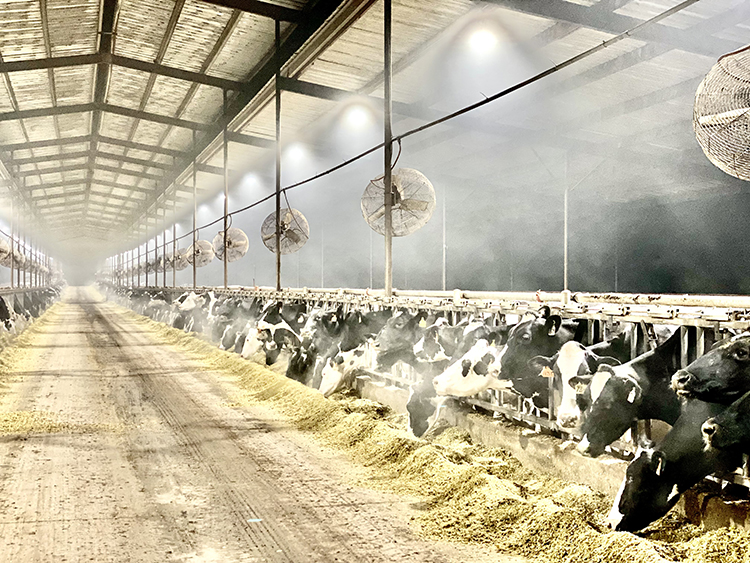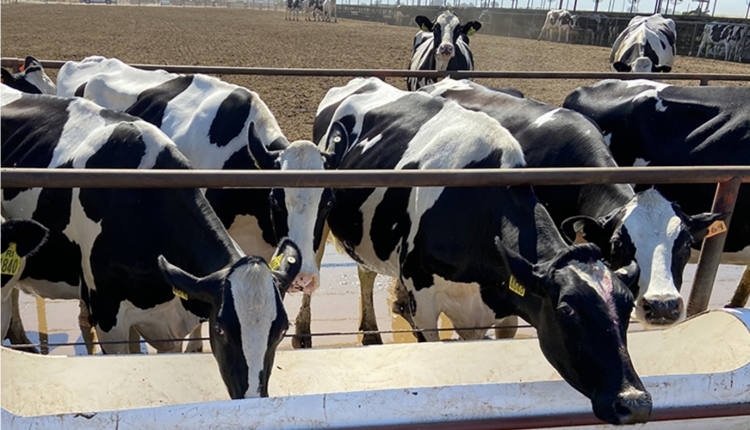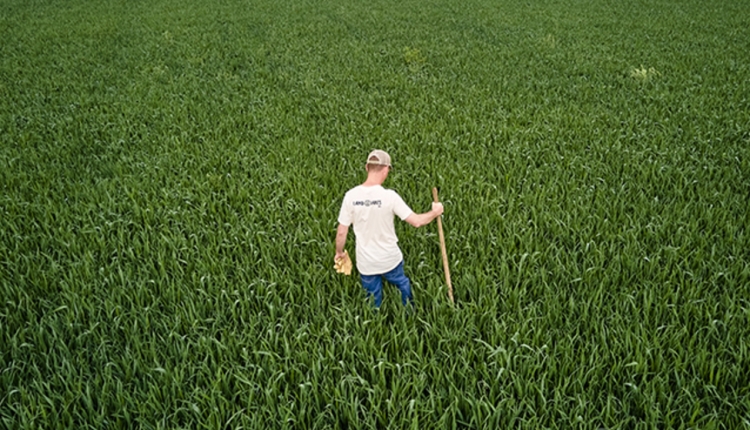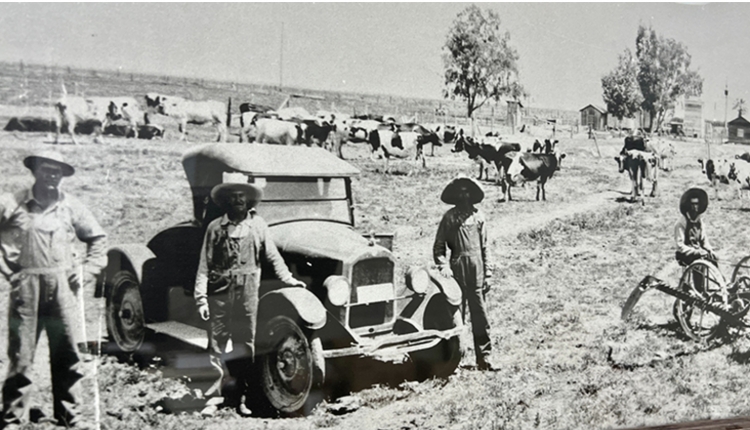
It’s raining in California, and what a wonderful sight it is! But is it too late? What impact is it going to have on our valley, and what are crop prices going to look like next year?
Although rain is always a pleasant surprise in Central California, it does come as sort of a tease. Yes, the rain wets the ground and gives life to some of the hardier plants, and yes, it does a great deal of good for our normally unhealthy air quality, but the water on the ground is not what we look for after a rain. After a good rain, you will see nearly every farmer look to the east and gaze up to the mountains, hoping to see a white blanket of snow covering the peaks down to the foothills. Because they know a good snowpack means a good river run, which means ample water for crops.
This year, however, will not follow those same rules. With California in a severe drought caused by poor management and an inability to act, our state is in a massive water deficit. And just like any deficit, it needs to be paid back in order to renew operations. But how long will it take for California to pay back the lakes with the water that they need? The answer is years.
The conversation in California about water is dull and depressing, with everyone holding their cards tight to their chest. Dairies and farms are sharpening their pencils and bracing for the worst, knowing that not everyone will be able to weather this “storm” and praying that it’s not them that falls short. If the lack of water was not bad enough, feed prices have made a play for the sky, adding insult to injury.
Here is the current situation in a nutshell: If you are farming in California, you probably do not have enough water to grow your crops, and your neighbor doesn’t have enough feed to sell because they also fallowed land and now need it. This forces you to buy the price-inflated commodities on the truck and haul it in, just so you can feed your animals. Meanwhile, you watch your milk check not reflect your input costs as you go to the store to buy groceries for your own family, which have also doubled in price.
Unfortunately, this is not new, and it probably is not going to change, but one thing is for sure. Dairy producers as a whole are incredibly resilient, and we will press on.

Tyler Ribeiro is a fourth-generation dairy farmer born and raised in California. He is currently partners with his father at Rib-Arrow Dairy in Tulare where they proudly ship their milk to Land O’Lakes. Tyler is actively involved in the dairy industry, holding leadership roles in various organizations locally and across the United States.








